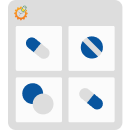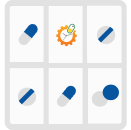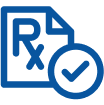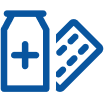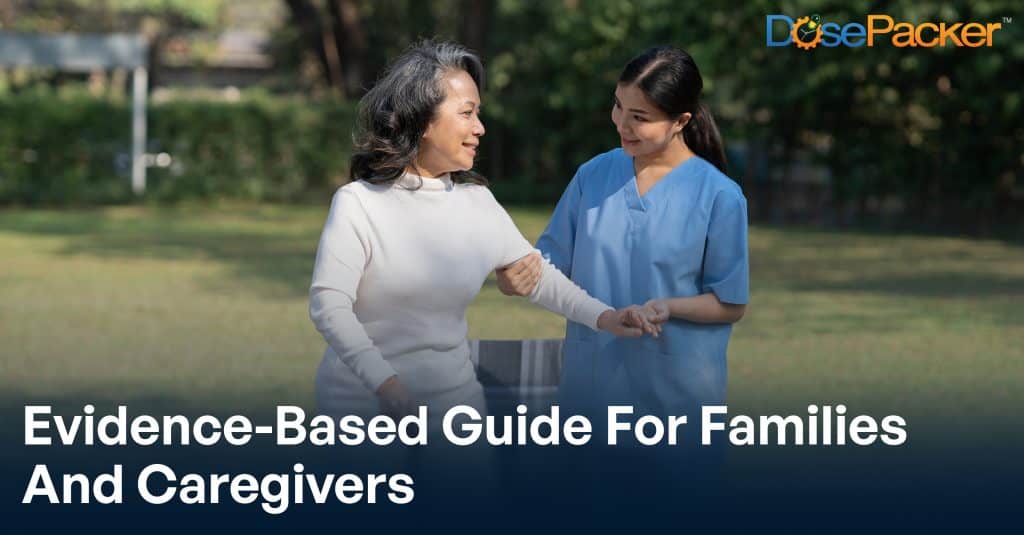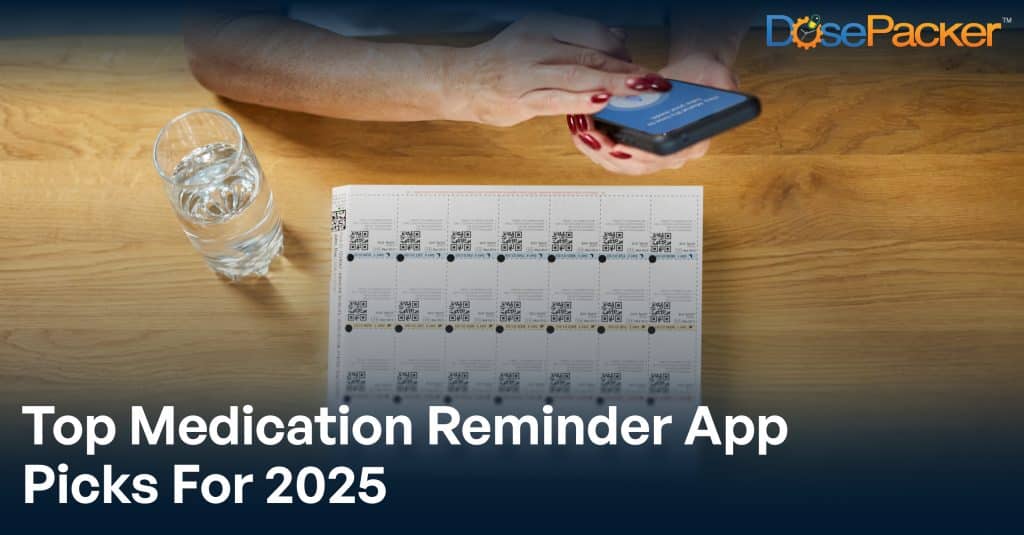Unlock the latest in medication management technology and grow your care community with us.
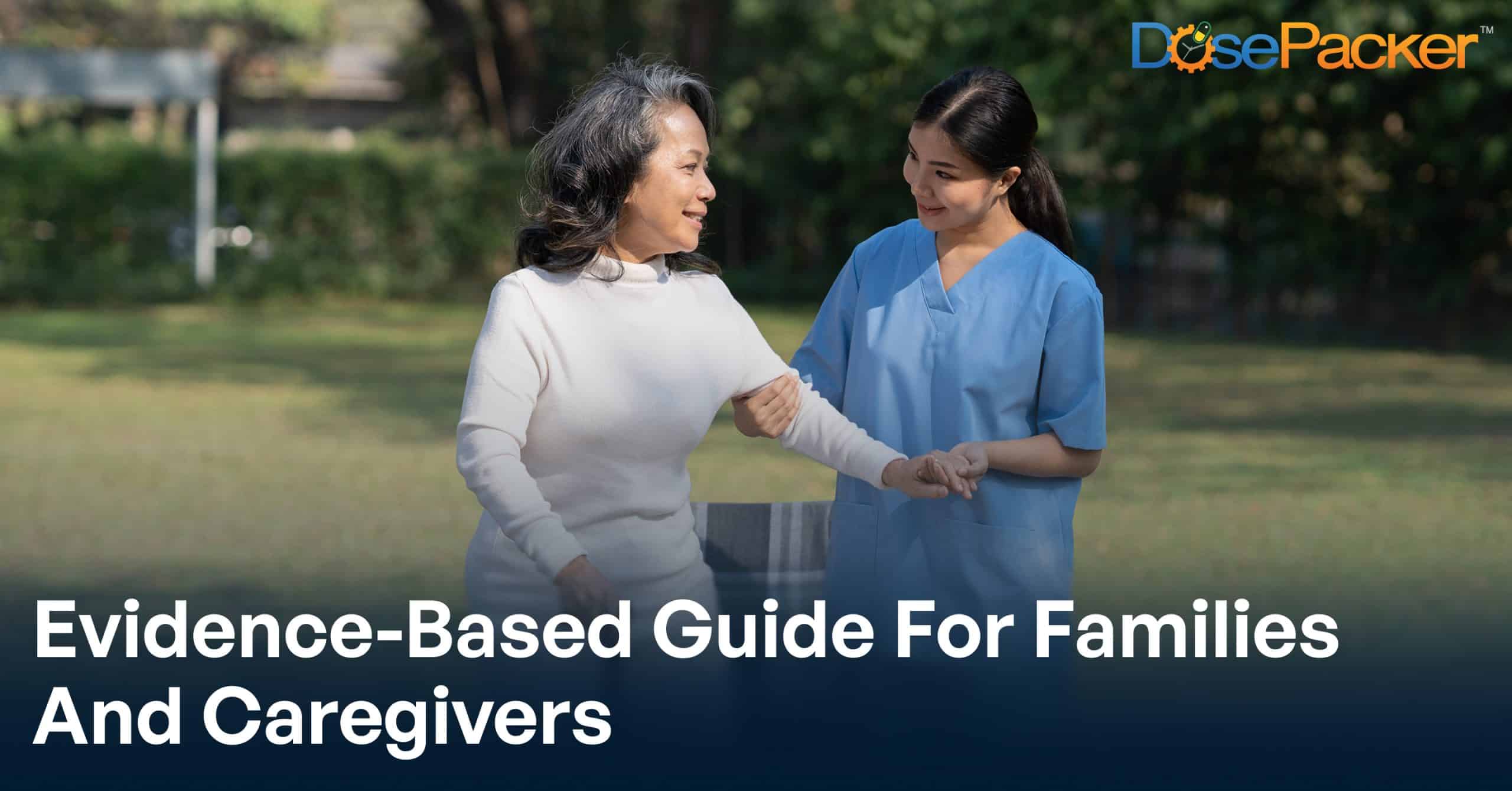
The United States is experiencing an unprecedented demographic shift. According to the National Institute on Aging, adults aged 65 and older are expected to reach 95 million by 2060, nearly double the current number.
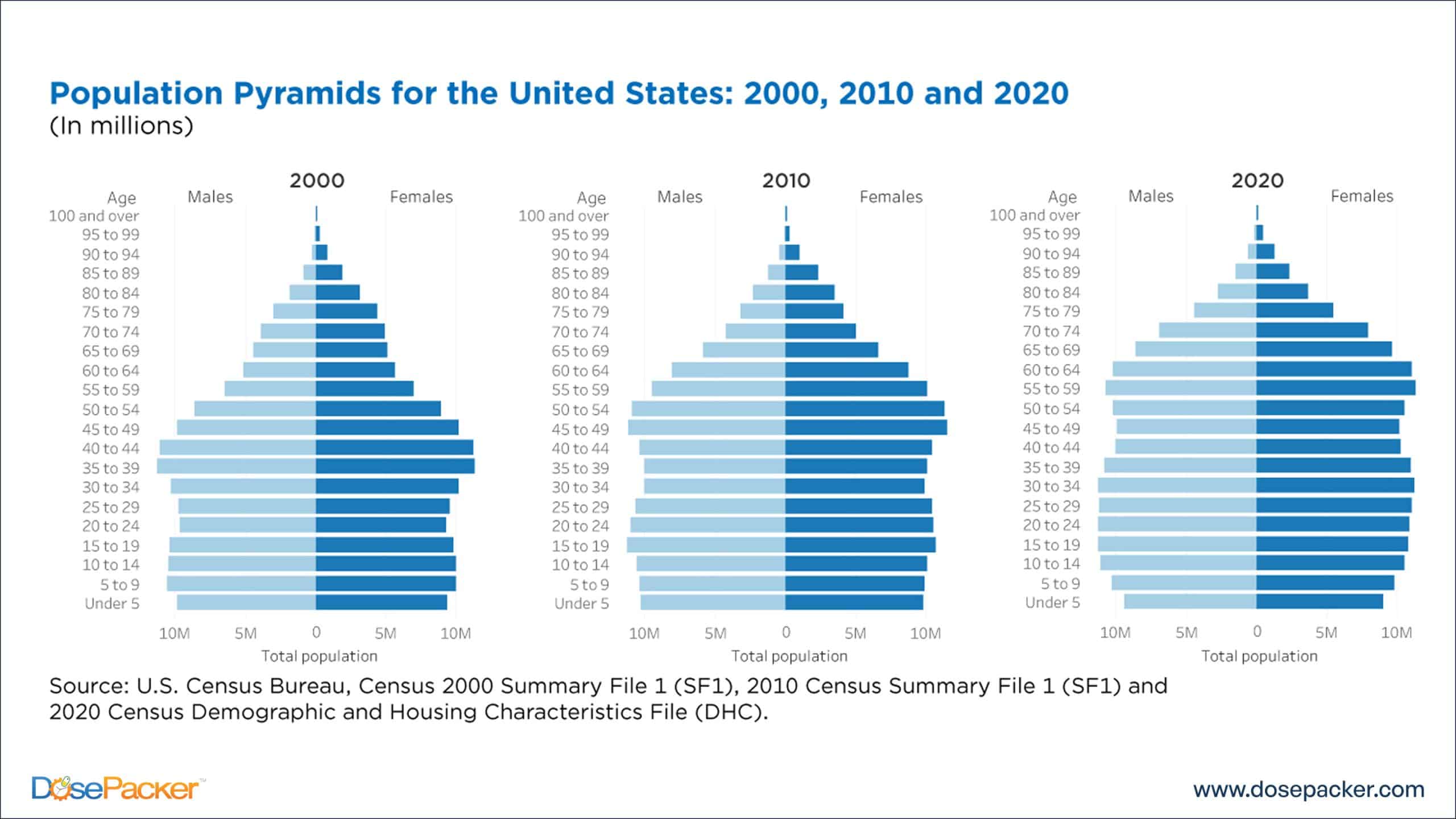
Yet despite this growing need, countless families struggle with how to improve senior care quality when traditional approaches fall short. Quality care for seniors encompasses far more than medical checkups.
It includes physical health, emotional well-being, social connections, safety, dignity, and a sense of purpose. Whether you’re a family caregiver, professional caregiver, or facility administrator, this guide offers 12 evidence-based strategies to enhance the quality of care and medication management for seniors.
Understanding Quality Care For Seniors
High-quality senior care recognizes seniors as complete individuals with unique needs and preferences. Core components include physical health management through coordinated medical care, emotional support, safety measures combined with dignity and respect, and person-centered care tailored to individual preferences.
Person-centered care involves providing customized support for activities of daily living (ADLs) while promoting independence and autonomy. Social engagement prevents isolation through meaningful connections. Research demonstrates that high-quality care reduces hospitalization rates and improves functional ability in aging adults. For families, quality care provides peace of mind while ensuring loved ones thrive.
12 Strategies To Improve Senior Care Quality
Now let’s discuss 12 strategies to improve quality of in senior living.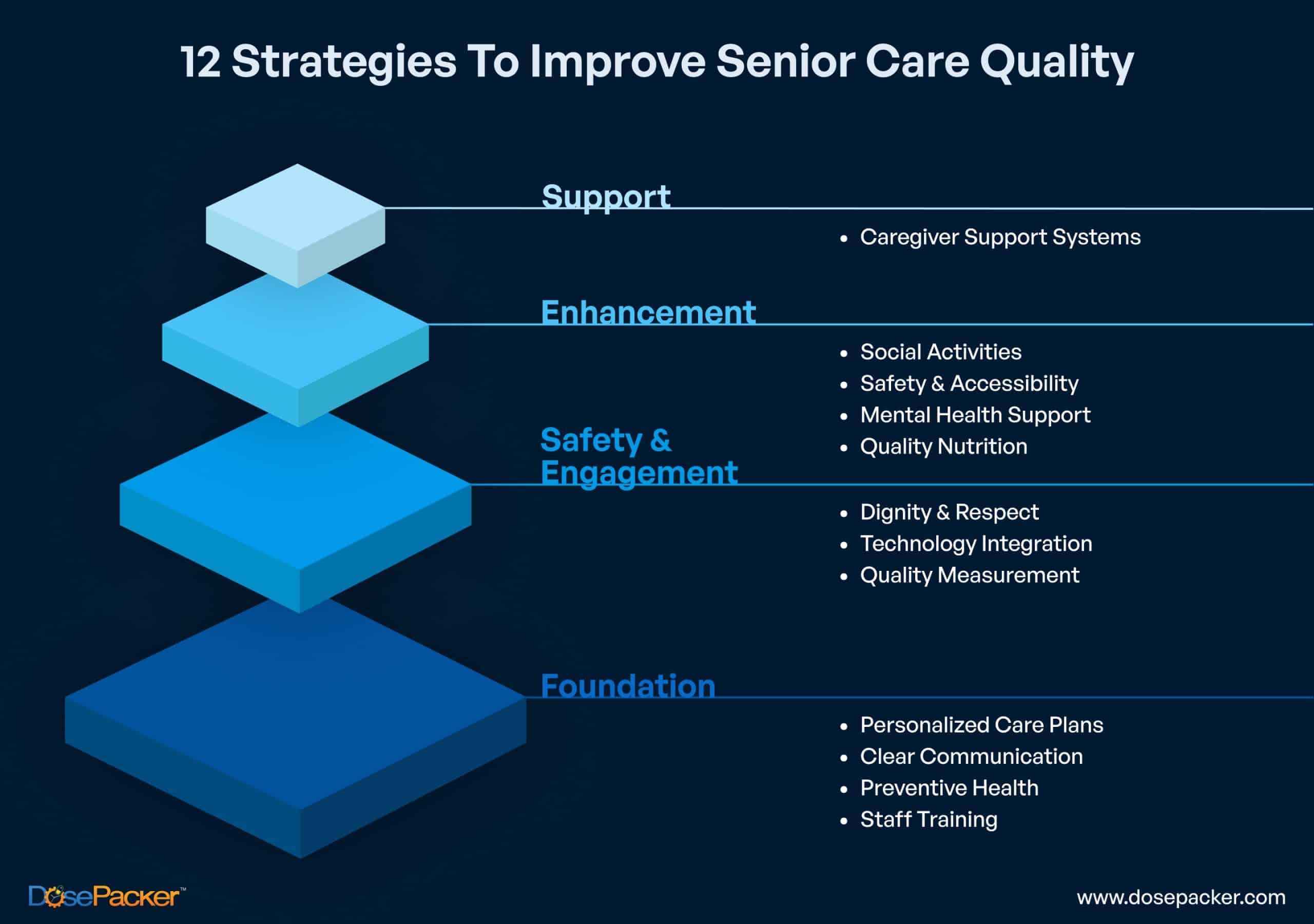
1. Create Comprehensive, Personalized Care Plans
Individualized care plans form the foundation of quality senior care. Begin with thorough assessments covering medical history, functional abilities, cognitive status, and social preferences. Include seniors and families in planning discussions.
Implementation: Use standardized assessment templates, schedule quarterly care plan reviews, create accessible documentation systems, and assign one primary care coordinator.
2. Prioritize Clear And Effective Communication
Strong communication prevents misunderstandings and ensures the delivery of coordinated care. Practice active listening to understand needs beyond what’s explicitly stated. Establish regular family communication schedules, weekly updates for changing situations, and monthly summaries for stable conditions.
Provide clear medication instructions with written documentation, observe senior living trends, address concerns promptly, and create accessible contact systems for emergencies. Transparent communication fosters trust, even in the face of challenges.
3. Focus On Preventive Health Care and Wellness
Preventive care for seniors dramatically reduces emergencies and maintains quality of life. Schedule regular health screenings, including annual physicals, vision and hearing tests, cancer screenings, and bone density scans, to maintain optimal health. Implement robust medication management systems to prevent dangerous interactions.
Fall prevention strategies include conducting home safety assessments, ensuring adequate lighting, installing grab bars in bathrooms, using handrails on stairs, and utilizing assistive devices as needed. Monitor nutrition and hydration daily, track vital signs regularly, and screen for cognitive changes.
4. Invest in Staff Training and Development
Caregiver competence directly correlates with the quality of care. Provide continuing education covering geriatric care fundamentals, chronic disease management, and emergency response. Specialized dementia and Alzheimer’s training prepares caregivers for cognitive impairment challenges.
Cultural competency training enables healthcare providers to deliver respectful care to diverse populations. Essential components include hands-on ADL assistance skills, empathy cultivation, crisis management techniques, and documentation protocols.
5. Promote Social Engagement and Meaningful Activities
Combating senior isolation dramatically improves mental health and cognitive function. Design flexible activity schedules accommodating varying energy levels. Offer diverse options, including exercise classes, craft projects, book clubs, gardening, and music programs.
Technology enables family connections through video calls. Provide cognitive stimulation through puzzles and learning opportunities. Facilitate peer connections through group activities and offer volunteer opportunities that provide a sense of purpose and fulfillment.
6. Ensure Comprehensive Safety and Accessibility
Safe environments enable independence while preventing injuries. Conduct thorough safety audits, examining each room for hazards. Remove tripping risks like loose rugs and clutter. Install assistive devices tailored to individual needs, such as shower chairs, raised toilet seats, and mobility aids, to support individuals with disabilities.
Medical alert systems provide emergency response capability. Prioritize bathroom safety with non-slip mats and grab bars, clear pathways in the bedroom, safe use of kitchen appliances, and secure stairway handrails with adequate lighting.
7. Support Mental Health and Emotional Well-Being
Mental wellness has an equal impact on quality of life as physical health. Implement regular depression and anxiety screening using validated tools. According to the WHO, approximately 14% of adults aged 60 and over live with a mental disorder. Many seniors experience untreated mental health conditions, often dismissed as “normal aging.”
Connect seniors to counseling and mental health services when needed. Teletherapy expands access for those with mobility limitations. Foster daily purpose through meaningful roles, address social isolation proactively, and encourage maintained community connections.
8. Implement Quality Nutrition and Hydration Programs
Nutritional support helps prevent malnutrition and maintain strength. Provide balanced meals that meet age-specific nutritional needs, encompassing adequate protein, calcium, fiber, and vitamins. Accommodate dietary restrictions related to diabetes, heart disease, and allergies while respecting cultural food preferences.
Offer fluids throughout the day, provide preferred beverages, and monitor for signs of dehydration. Transform mealtimes into social experiences through family-style service that combats isolation.
9. Maintain Dignity, Respect, and Individual Choice
Dignified care for elderly individuals honors their lifetime of experience and identity. Ensure privacy during personal care activities. Offer meaningful choices throughout the day, such as what to wear, when to bathe, and which activities to join.
Avoid infantilizing language; address seniors by their preferred names, learn about their personal histories, and respect their cultural and religious values. Treat each senior as a unique individual, not a diagnosis.
10. Leverage Technology to Enhance Care Quality
Senior care technology extends caregiver capacity while improving health monitoring. Health monitoring devices track blood pressure, glucose levels, and heart rate. Data trends alert caregivers to concerning changes before emergencies.
Medication reminder systems range from pill organizers to automated dispensers. Telehealth platforms enable remote medical consultations. Care coordination software keeps teams informed, emergency alert systems provide one-touch access to help, and GPS tracking offers security for seniors who tend to wander.
Streamlining Medication Management with DosePacker
Medication adherence is one of the biggest challenges in senior care. Missed doses or incorrect schedules can lead to hospitalizations and serious complications. This is where DosePacker provides a critical solution.
DosePacker is an automated compliance packaging system that organizes prescriptions into easy-to-manage packs based on time and date of administration. For seniors and caregivers, this eliminates confusion and reduces the risk of missed or double doses. Care facilities benefit from higher medication accuracy, improved staff efficiency, and safer workflows. By integrating DosePacker into daily care, seniors can maintain independence while families and providers gain confidence that medications are taken exactly as prescribed.
Looking for a better way to manage medications in senior care?
Discover how DosePacker simplifies medication adherence.
11. Establish Quality Measurement and Continuous Improvement
Quality improvement initiatives require measuring current performance and tracking progress over time to ensure effective implementation and ongoing improvement. Define key performance indicators, fall rates, hospital readmission rates, infection rates, and functional status changes.
Conduct regular satisfaction surveys with seniors and families, track incident rates, monitor staff satisfaction, and review data quarterly to develop improvement action plans. Use Plan-Do-Study-Act cycles for continuous quality improvement.
12. Build Strong Caregiver Support Systems
Preventing caregiver burnout protects both caregivers and the quality of care they provide. Provide comprehensive training and resources to ensure caregivers feel confident and competent in their roles. Offer regular respite care to provide family caregivers with the much-needed rest and relaxation they deserve.
Provide 24/7 communication channels, mental health resources, and access to counseling, recognition programs, and manageable workloads through appropriate staffing. Address caregiver stress early through warning signs, including irritability, reduced empathy, and exhaustion.
In A Nutshell
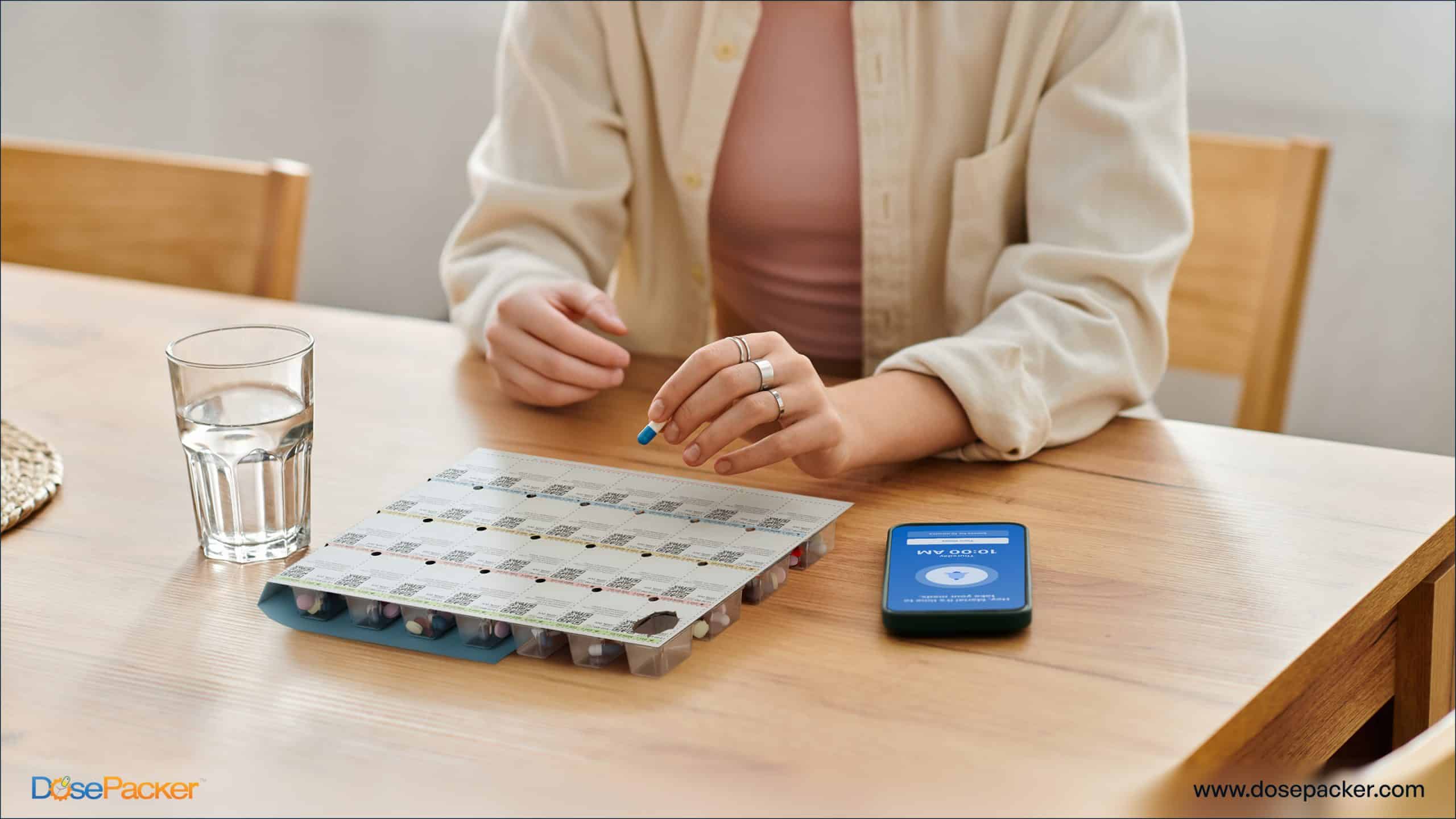
Improving senior care quality requires a commitment to holistic, person-centered approaches that honor dignity while supporting health. These 12 evidence-based strategies provide a comprehensive roadmap for transforming senior care quality in any care setting.
Begin with two or three strategies that address your most pressing challenges. Utilize quality metrics to monitor progress and recognize improvements. Whether you’re a family caregiver or a professional provider, you can make a meaningful difference through consistent, compassionate, and evidence-based care.
Quality care for seniors yields better health outcomes, an enhanced quality of life, and peace of mind for families. Every aging adult deserves care that supports their health, honors their dignity, and enables a meaningful life throughout their later years. Begin today with one strategy, measure your progress, and watch as minor improvements create profound impacts on the lives you touch.
Ensure safe, reliable medication management for the seniors you care for.

